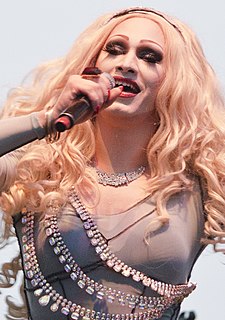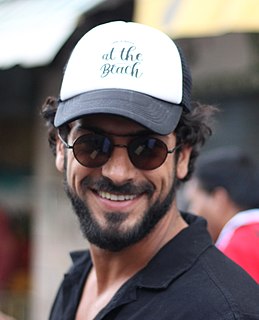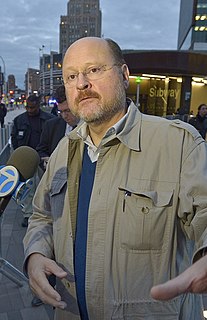A Quote by Sarah Silverman
I mean, I talk about being Jewish a lot. It's funny because I do think of myself as Jewish ethnically, but I'm not religious at all. I have no religion.
Related Quotes
One reason which I find particularly fascinating about Israel is this. There is no such thing as a Jewish civilization. There is a Jewish culture, a Jewish religion, but there is no such thing as a Jewish civilization. The Jews were a component basically of two civilizations. In the Western world, we talk about the Judeo-Christian tradition and you talk about the Judeo-Islamic tradition because there were large and important Jewish communities living in the lands of Islam.
When I became religious, it was full-force for me. And, through the lifestyle of being out on the road with non-Jewish musicians, in non-Jewish nightclubs and going all over the world - getting out of the shtetl - opened me up to having experiences that other religious men might not have to think or worry about.
I read about the Trinity. I found something - Jesus was Jewish, he was a rabbi! - and I read a lot of stories about Jesus in Israel. And it's interesting that they picked me for this part in The Snack, and I'm Jewish, I'm kind of religious Jewish from Israel, and I don't look like the traditional Jesus with the long blonde hair and blue eyes.
I started the label Tzadik to support an entire community of musicians, not just Jewish musicians. But the radical Jewish culture movement was begun in a lot of ways because I wanted to take the idea that Jewish music equals 'klezmer' and expand it to, 'Well, Jewish music could be a lot more than that.'































